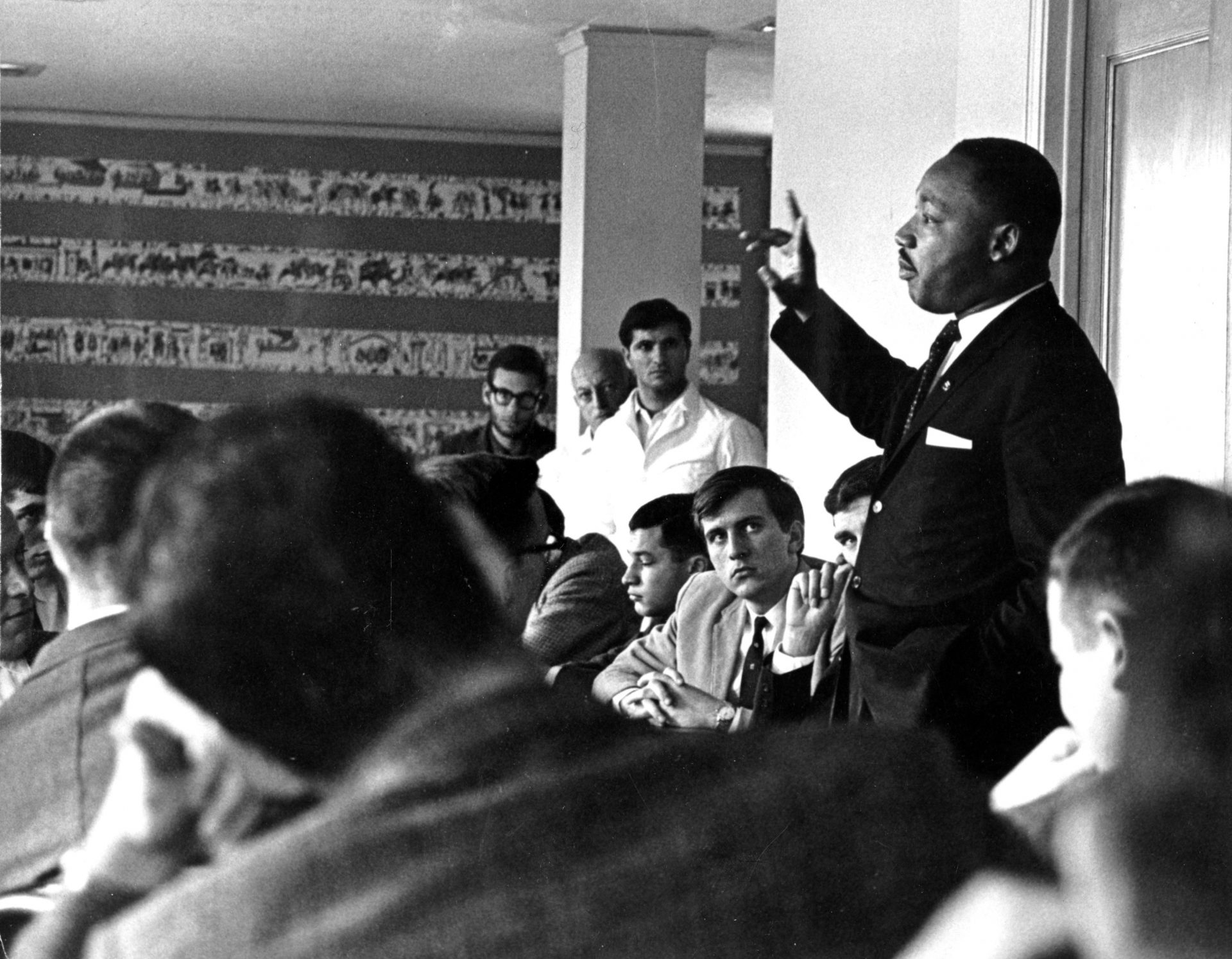Editor’s Note: The Special Power of Global Experiences
On a recent trip to Greece, and at the recommendation of Wesleyan professor (and Grecian native) Tsampikos Kottos, my wife and I decided to hike Samaria Gorge in southern Crete.
While travel is often noted for helping people find themselves, visiting Samaria had the opposite effect. The gorge begins expansively at 1,250 meters above sea level, gets so narrow on its way to the Libyan Sea at one point that you can reach out and touch the opposite wall, and is stunning for its dolomite cliffs and perilous with falling rocks. In short, its scale and contrasts are so prodigious that you quickly lose yourself in them, save maybe for a sense of how lucky you are to be there.
The students, faculty, and alumni we spoke with for this “Wesleyan and the World” issue all espoused this special power of global experiences to take us out of ourselves, and to remind us of our good fortune. Pauline Frommer ’88 mentions having her “sense of self [shaken] in a good way” whenever she visits another country. Jesse Ashlock ’99 discusses how travel journalism is all about practicing “empathy in an informed and intellectually rigorous way.” A Fulbright–National Geographic fellowship led William Tyner ’13 to recording and amplifying the voices of a progressive Romanian citizenry emerging from an oppressive regime. The Armenian women Jesse Soursourian ’03 profiles in his new film escape difficult circumstances and societal constraints—literally risk their lives—by traveling to the countryside to clear landmines.
These stories also demonstrate how the strongest experiences are dialogic in nature. As former Connecticut resident Mark Twain once wrote, “travel is fatal to prejudice, bigotry, and narrow-mindedness. . . .” This belief runs deep at Wesleyan, where in-depth language courses and study abroad programs prioritize building cultural dialogue, respect for host cultures, and becoming better listeners as much as better speakers.
For some, traveling to Wesleyan can have the same effect. As Kennedy Odede ’12 explains: “Coming to Wesleyan, for the first time I went to a place where you are who you are. You are accepted. And for me, that built confidence.” With that confidence, Odede notes, comes the privilege of a Wesleyan education and a responsibility to use it for good.
We hope that as you read this issue, you’re inspired by our community’s efforts, and reminded of your own confidence and strength to make a positive difference. And wherever you are in the world, we hope you’ll come back to campus sometime soon—be it for Homecoming, Reunion, or just to say hello—and teach us, in turn, about all the world has taught you.

